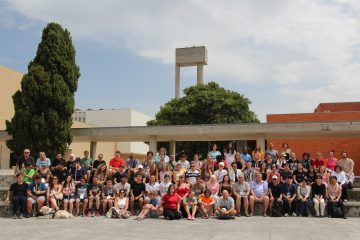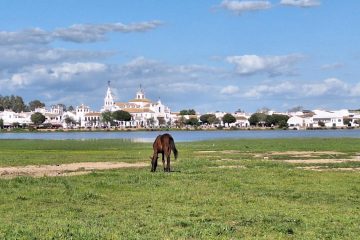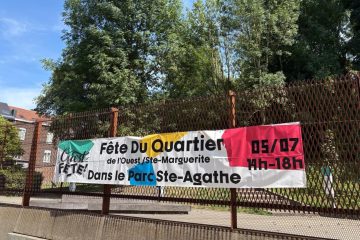 Representatives of sending, hosting or coordinating associations from more than ten participating countries of European Solidarity Corps (ESC) gathered for a training course about increasing quality and cooperation in volunteering projects. The training had started before the actual face-to-face meeting with a virtual meeting for online preparation of participants in order to reach a common level of understanding of basic concepts of the programme.
Representatives of sending, hosting or coordinating associations from more than ten participating countries of European Solidarity Corps (ESC) gathered for a training course about increasing quality and cooperation in volunteering projects. The training had started before the actual face-to-face meeting with a virtual meeting for online preparation of participants in order to reach a common level of understanding of basic concepts of the programme.
The methodologies used to support participants learning during the in-presence training were diverse and let the participants experience non-formal learning at its best. Activities ranged from getting to know each other better and presenting our respective associations through discussing the concepts of solidarity and quality in the ESC projects to sessions on the impact and role of the different stakeholders (the local community, the national agency, the resource centers, the support/host associations and the young volunteer) and personal reflection time over each one learning paths were organized in the beginning.
Under the careful guidance of our team of trainers, the next day brought us back to reinforce our knowledge about ESC – volunteering projects through a team quiz (via a tool I didn’t know: Kahoot.com) accompanied by the feedback offered by the representative of Cypriot National Agency. Afterwards, we formed groups to discuss good practices in the framework of the ESC related to impact and visibility, solidarity and cooperation between the partners of a volunteering project. Then, we focused more on how to maintain the quality of the ESC projects through a group work session (definition and checklist) and an individual work session (self-assessment for our own organization). The work continued in pairs to improve the weak points identified in the previous sessions and ended with feedback in plenary.
The last day of the training was quite intense. It was the open space day, where we could share in parallel sessions with our fellow trainees on a variety of topics such as: monitoring and evaluation of the project, selection of participants, good practices of participants. Then, we created our own action plan with what we had learned during the training and we compared our ideas with our fellow trainees on the plans we had made. We also got the chance to listen to the presentation of the ESC Salto Resource Centre by Romina Matei (Vienna) and learn about the various support groups that exist on FB (Tosca Alumni or the mentors’ group).
Part of the afternoon was dedicated to the evaluation of the training (oral, group, individual and written via google form) and the rest to the preparation of the networking event and world café. During the networking event, I introduced Views International’s adapted volunteering projects.
For me, a complete learning package is also about intercultural learning, so with the graceful contribution of Cyprus NA, we could discover, at the end of each training day, the old town of Limassol, an excellent opportunity to learn about the host country and its past. We also attended a performance of Cypriot traditional dances.
After this very intense training, I can truly say that we have met general objectives like:
- Understand how the new ESC programme works and what are the quality criteria for a successful project
- Create sustainable connections with peers and expand our existing partnerships
- Disseminate our adapted volunteering project results with a supporting community.
I would like to end by expressing my gratitude to National Agencies across Europe and Salto Network for providing such opportunities for youth workers and beneficiaries. This kind of meeting is a fountain of knowledge, skills and competences and a platform where we could meet professionals willing to share and connect within the European Solidarity Corps and find support.
For more pictures and news about the event, please check this page.


